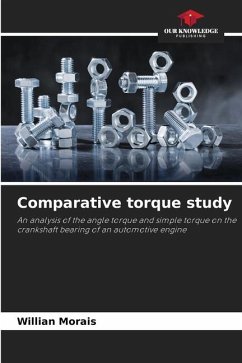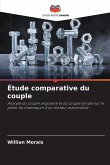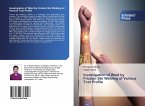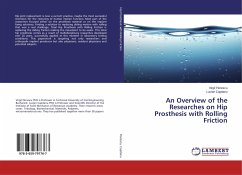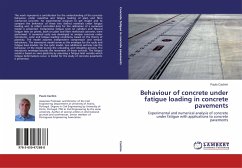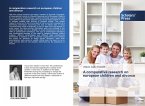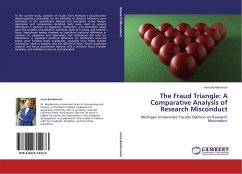This paper aims to present a comparative study of the application of torque and angle with simple torque in the crankshaft bearing of an automotive engine. Angle-controlled tightening is an indirect method of measuring elongation that minimises friction between bolted parts in order to standardise and increase tightening precision at high torques. Faced with the problem of the advantages of using angle torque over simple torque in the manufacture of automotive engines, this study's general objective is to carry out a comparison of these applications specifically in the crankshaft bearing of the automotive engine. The method used in this work is a descriptive case study, in which a bibliographical review was carried out in order to learn more about the subject. After this, in order to verify the elastic and plastic limits in a practical way, breakage tests were carried out on SAE 10B30 alloy bolts used in automotive engine bearings. The study concluded that the variations in friction in the simple torque process can lead to serious problems in the assembly of bearings.

